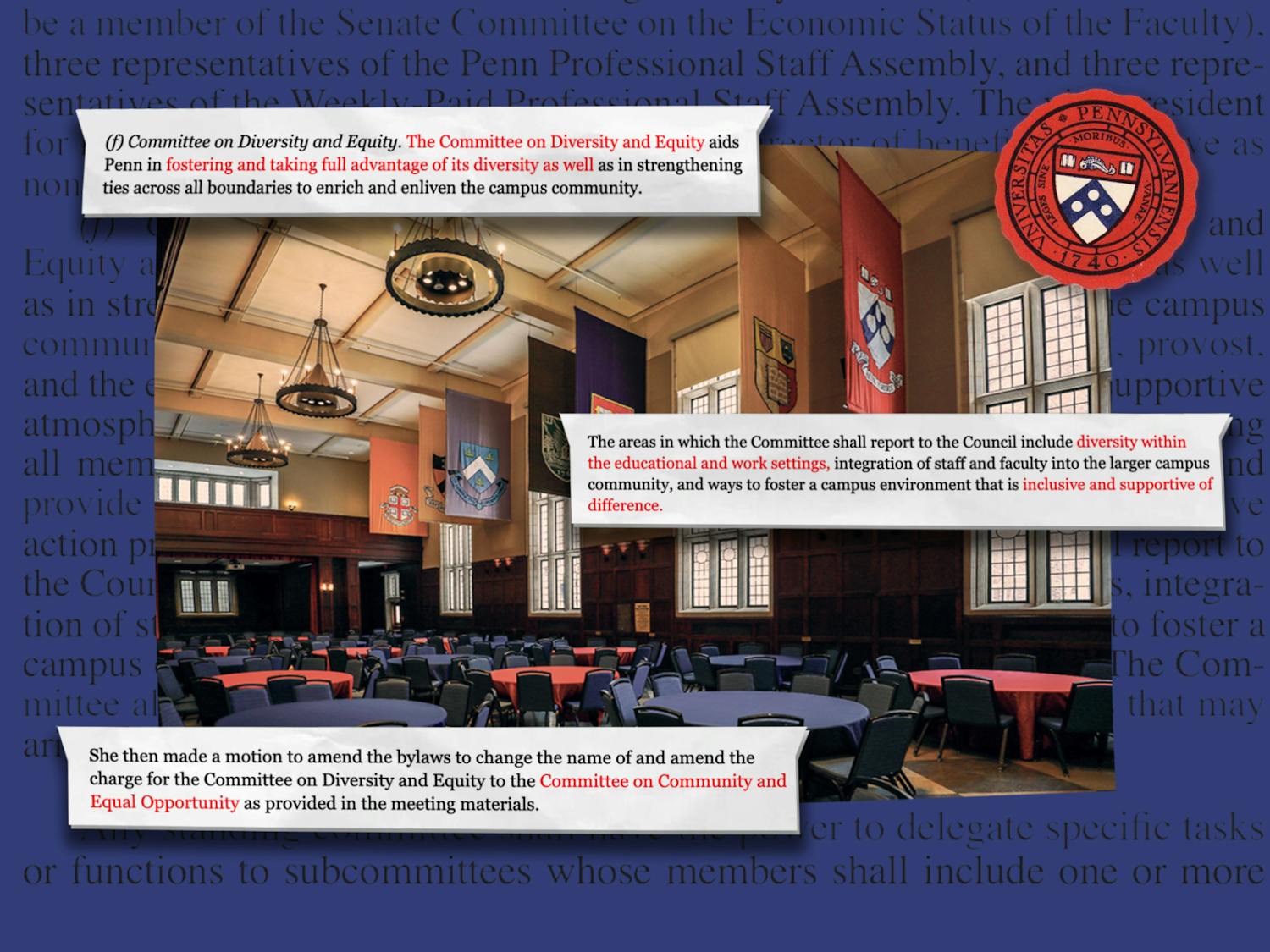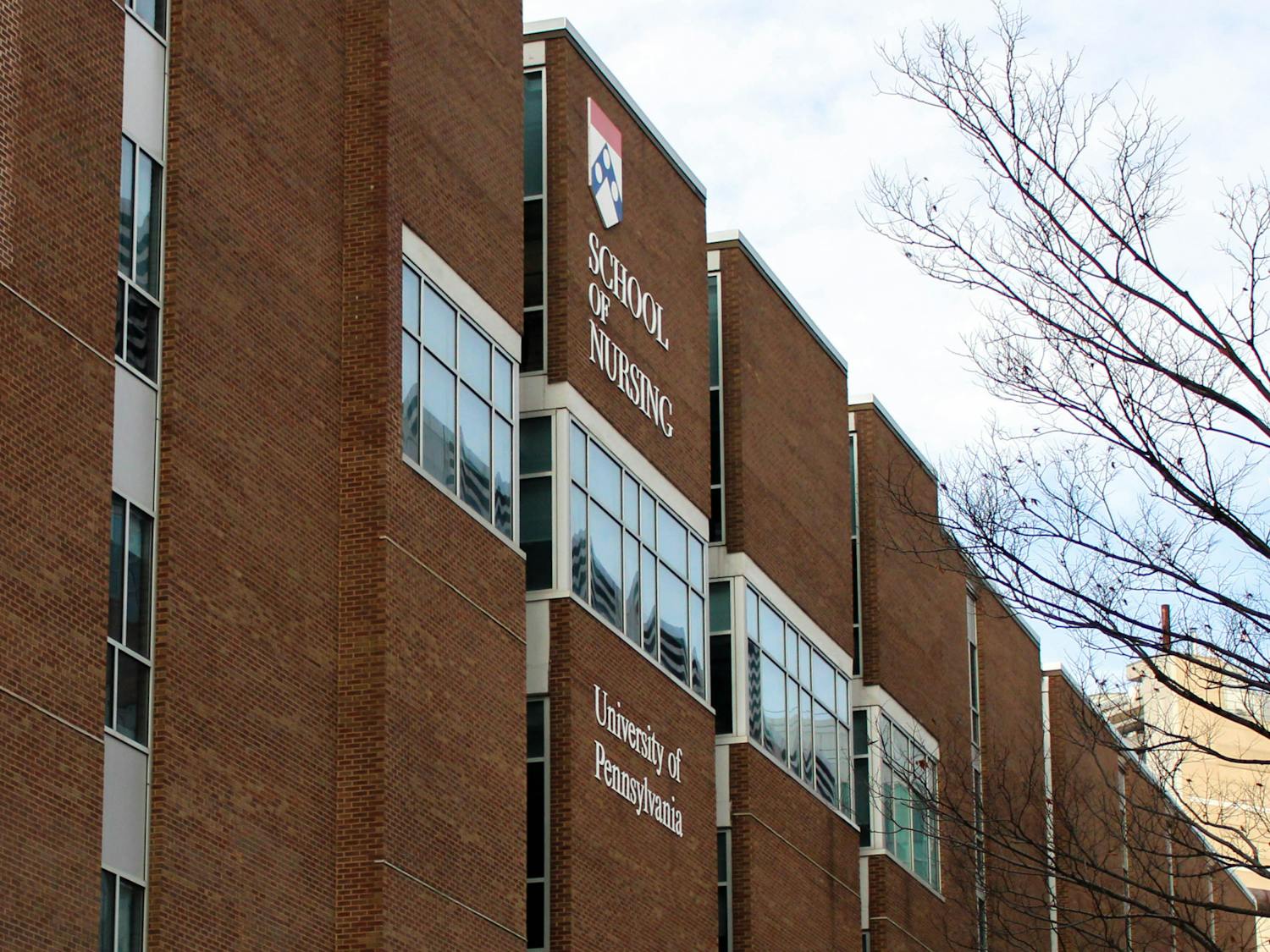Armenians claim that there was another genocide in this century. They claim that the Turkish government, between the years of 1915 and 1923, carried out a genocide of the Armenian people. They claim that the truth of this matter is also beyond reproach. Every year the Armenian Club takes out a full page ad in the Daily Pennsylvanian making its claims of a genocide. Then they proceed to try to block a similar ad showing the other side, claiming that their version of history cannot be questioned. Well, I question it. The claims of an Armenian Genocide are not based on historical facts. If the history of the period is examined it becomes evident that in fact no such genocide took place. Before I go into the facts, though, I plead with you to keep an open mind on the matter. It is all too easy to cast this off as revisionist history. But just because someone wrote in your World History book in high school that this happened does not mean that it did. Either way, there cannot be any harm in taking a closer look at history to find the truth. After all, if the genocide did take place it should be relatively easy to prove. It is kind of hard to miss the planned extermination of 1.5 million people, isn't it? Then, one has to wonder why the 69 reknowned American professors, including Oriental Studies Associate Professor Thomas Naff specializing in the field wrote a letter to the U.S. Congress stating that the alleged Armenian genocide was not a historical fact. Did every one of these experts miss all the facts in their lifelong study of the period and area involved? No, in fact these professors sent a letter to Congress questioning the validity of the so-called genocide because they had seen the facts. These people have absolutely nothing to gain by writing revisionist history. As a matter of fact, they have devoted their whole lives to accurately reporting history. These professors are not some off-the-wall theorizers that are fighting for some obscure cause. They are at the top of their profession. Go talk to them about the facts. Or you could ask Bernard Lewis, possibly the greatest expert in the field, what he knows of it. He calls the Armenian Genocide a "myth." Bernard Lewis is no revisionist. He is read by almost every student that ever takes a course on the Middle East. In fact, Political Science Professor Adam Garfinkle who taught a course on the Middle East that I took last year described Lewis in this way: "He knows so much about the Middle East that he has probably forgotten more than I could ever hope to know." This same, Bernard Lewis, has concluded that the alleged genocide did not occur. So why have all these professors come out and taken this controversial stand? Because they have seen the firsthand accounts of American admirals and officials that were in Turkey at the time. They have seen the documents shown as proof of the genocide to be proven conclusively as forgeries. And they have seen what happened at Malta, the Nuremberg trial of the Turks. These facts are certainly worth looking at. Rear Admiral Marc Bristol, who served as U.S. High Commissioner in the defeated Ottoman Empire, reported to America at the time: "I see that reports are being freely circulated in the United States that the Turks massacred thousands of Armenians in the Caucus. The Near East Relief have reports from Yarrow and our own American people which show absolutely that such Armenian reports are absolutely false." Rear Admiral Colby Chester of the United States Army had this to report about the alleged massacres: "That affair, however, was in no sense a massacre as the term is known to international law, for the Armenians . . . fully armed, arose in their might and drove the Moslems of Adana, killing more of them than they lost by their own casualties." James Barton, who was Secretary of the Foreign Department of the American Board of Commissioners at the time, wrote this of the main instigator of false Armenian propaganda in America: "He is constantly reporting atrocities that never occurred and giving endless misinformation with regard to the situation in Armenia and Turkey." So one might wonder how this idea of a genocide ever got accepted in America when there were so many authoritative voices speaking against it. There were the Andonian Documents which claimed to be the memoirs of the Turkish leader Naim Bey, which explicitly stated Turkish intentions to massacre Armenians. These documents were conclusively proven to be forgeries. Professor Erich Feigl characterizes them in this manner, "(there are hundreds) of the unsuccessful forgeries. These range from dates and counterfeit signatures to transmogrified greetings such as 'Bismillahs,' which no Moslem would have ever dared to write." But the damage had been done. They had gained publicity and by the time they were proven to be forgeries, no one cared or was interested in questioning an old fact. Most influential in this line of propaganda was the book that U.S. Ambassador to Turkey Henry Morgantheau wrote on the matter. Before he wrote his "story" though, he addressed a letter to President Woodrow Wilson asking him if it was a good idea to write a book that would be staunchly against the German and Turkish governments in an effort to rile the American people against them in war. Wilson approved the idea of initiating propaganda against these countries, and Morgantheau went on to write a book that Professor Heath Lowery characterizes as completely contradictory to Morgantheau's memoirs and his letters of the time period. All this propaganda was enough to persuade the British to arrest the top 300 Ottoman officials after the war on the charges of genocide. The British held these prisoners for 30 months as they tried to collect evidence against them through the British, American and Ottoman archives. They were planning a Nuremberg type of trial to prosecute the Turks on the charge of genocide. What happened instead is that they could not find any information that suggested that the Turkish officials had in any way planned a genocide. For example, they received this reply from Sir A. Geddes when they looked into the American archives, "I have made several inquiries of the State Department, and today I am informed that while they are in possession of large number of documents concerning Armenian deportation, from the description I am doubtful whether these documents are likely to prove useful as evidence in prosecuting the Turks." In the end, with great embarassment the British had to find the Turkish officials innocent of the charges of genocide and release them. Hence, once you really examine the history of the time it becomes apparent that the allegations of an Armenian Genocide are unfounded. So the question arises of why the Armenians would bother to conjure up such stories, and even go as far as, committing approximately 200 acts of terrorism since 1973 to further their cause, resulting in countless deaths and injuries to government officials and civilians. The answer is that they want their demands met. Their demands are that they receive close to one-half of the land of the Republic of Turkey for a new Greater Armenia, and that every Armenian claiming to be injured by the alleged genocide be compensated with cash reparations. That is why every year they push the U.S. Congress to pass a bill declaring the Armenian Genocide a historical fact. Fortunately, every year it is defeated because of the courage of people such as the 69 professors who wrote in to explain the truth of the matter. As Congress has found out though, it is important to understand Armenian objectives when considering their claims. This also serves as a great example of why free speech should not be restricted on any issue. The voice of all the people must be heard, especially before someone prejudges an issue of this importance. In this regard, I hold out a challenge to any student to a debate in a public forum on the Armenian Genocide so that in this marketplace of ideas the truth may emerge. Cenk Uygur is a senior Management major from East Brunswick, New Jersey. How You Like Me Now, Baby? appears alternate Fridays.
The Daily Pennsylvanian is an independent, student-run newspaper. Please consider making a donation to support the coverage that shapes the University. Your generosity ensures a future of strong journalism at Penn.
Donate







